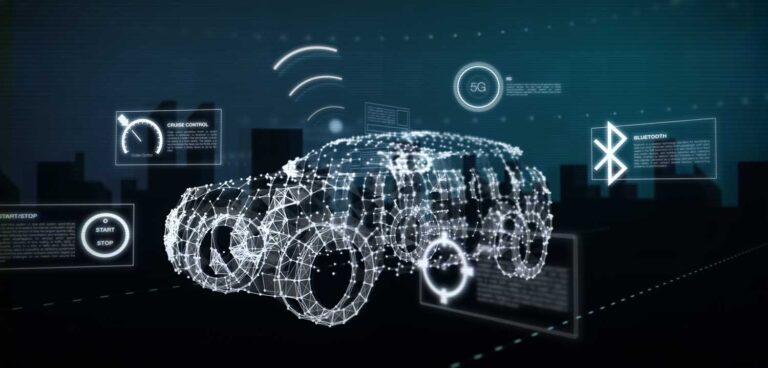Europe is lagging behind other nations in the race to bring self-driving cars to roads claims a new report by the European Parliament, which calls for the EU to increase efforts to support, develop and regulate self-driving vehicles.
The report, by the EPP Group’s Wim van de Camp, calls for more support from programs like Horizon Europe, more interoperability among those vehicles, and regulation of their use.
“We are on a good track but China, United States, and even South Korea is ahead of us so over the next few years we have to be in a hurry to improve our cooperation between the Member States, the companies who produce the cars, and the innovation institutes,” said van de Camp.
Interoperability was one area that van de Camp admitted the EU is struggling with as 5G, which is vital to helping next-generation AVs communicate, currently has a number of different systems and needs standardizing. The European Union has been working on its CITS (Connected Intelligent Transport Systems) research and van de Camp explained that it must implement a European standard as soon as possible.
“The United Nations have a process where they develop world standards but that’s too slow. If Europe is going to wait for the United Nations, we are lost. We have to set the standards in the upcoming years,” stated van de Camp.
Van de Camp went on to say that another challenge for the self-driving car is to create an emotional connection with its passengers when they travel in them, however he admitted public perception of new technologies can change as they progress: “Ten years ago nobody had an iPhone, now people can’t live without them. This development will be the same in autonomous car.”


